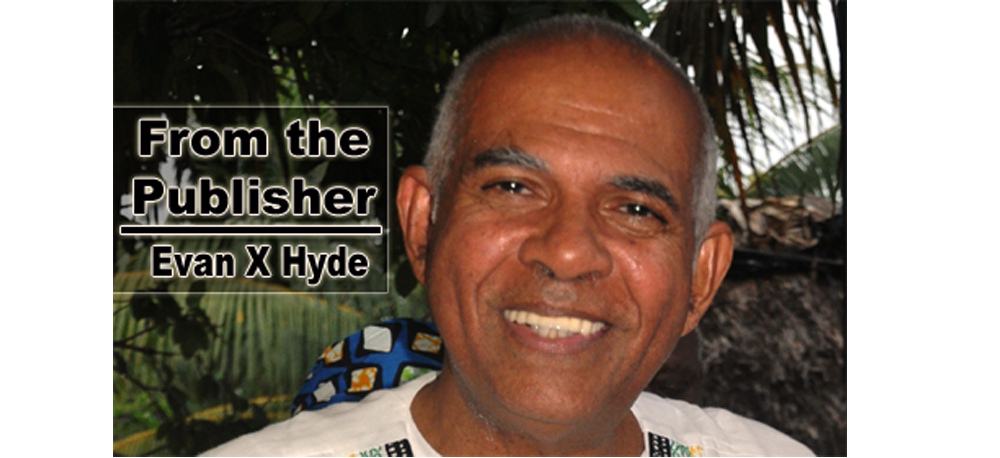When I started to get on my feet financially in the 1980s and l990s, I would tell close friends that if I ever crashed again, I felt I could withstand the shock and disappointment. I was probably being optimistic, or perhaps excessively self-assured.
As a writer, I have lost an amount of my readership because of the migration of my generations and because of all the social media that’s accessible through phones and other devices. In the old days, people used to have to wait until Friday morning or afternoon to read about a sensational murder or traffic accident that took place five days before. Nowadays, such hot news is flashed across the devices of the population in minutes, and that population includes Belizeans both at home and abroad.
Just for discussion’s sake, human beings may be separated into two categories—the bourgeois and the bohemian. Bourgeois people are basically those who do the 9- to- 5 journey five days a week. The bohemians are those who live in and through the arts—painting, sculpting, music, theater, and so on. They live for and through their audiences. A very few bohemians become wealthy, but in the vast majority of cases, it is the bourgeois who control the money. The bohemians, which is to say, the artists, usually require patrons to support them, from way back in history. Someone has to farm and fish so people can eat while the Mr./Ms. Inspirations are painting and singing and so on.
The very first class I took at an American college called Dartmouth in 1965 highlighted a famous Irish writer by the name of James Joyce. Joyce, a novelist, despised and disdained journalists. He thought they were the scum of the writing earth. I respected Joyce greatly, so that when I began to make a living fifteen years later, as a journalist, I regretted the fact that he would have scorned me and my work.
At the same time, I know that Belize never gave me a chance to write creatively. One reason was that our school system in Belize, which chooses and buys books for students to read, is heavily blonde Jesus-religious, so my creative material was anathema. Another reason was that our so-called Festival of Arts was very much bourgeois, so that when I wrote my first hit play, in 1971 thereabouts, it was frowned upon by the Festival authorities, even though roots audiences loved it.
I think in the aftermath of Hurricane Lisa a couple years ago, I realized vividly how important the people are who work with their hands in a practical way. There was nothing a writer could do to repair buildings and plumbing roughed up by Lisa. The practical people, the day-to-day people, the bourgeois people, are more important than the bohemian.
Yet, life would be stale without the bohemian. The most stunning example of this in our region is Bob Marley. What sensational musical accomplishments he packed into 36 years of life. What would our lives have been without him?
Personally, I rate Peter Tosh highly, and I feel he has not gotten his proper due, as we would say. But, that is only my opinion. Gregory Isaacs again. Super, super talent.
The rulers of the world can take everything away from us, us people of color, but they can’t demean the geniuses of art who have been born amongst us.
I admit there is a form of classical, European-origin music which I admire. I like to watch the amazing synchronicity of these huge symphony orchestras. Of course, that synchronicity is very expensive, and almost everything in Europe was financed by free slave labor. I had to get that in. I have to get in as well: the fabulous Beethoven was a man of color. How about that?
Finally, to be fair, one must acknowledge the fact that young Europeans have been heavily supportive of Marley, Tosh, Isaacs, Riley, and one of the royalty among them all—Beres Hammond, the great one. Our artists are grateful for that support, I am sure.

